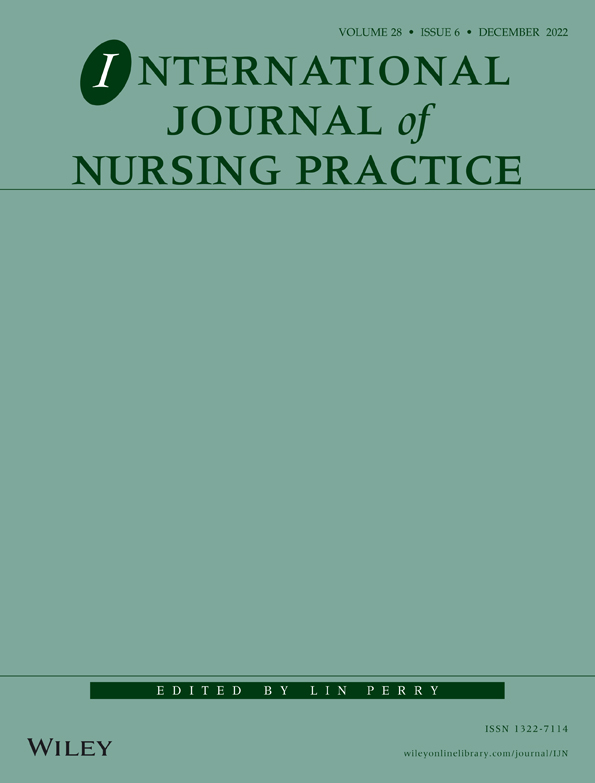Effect of hospital-based case management on psychosocial wellbeing and treatment outcomes in colorectal cancer patients: A quasi-experimental study
Yiheng Zhang and Wenjie Zou should be considered joint first authors.
Funding information: Department of Finance of Guangdong Province, Grant/Award Number: 53000-42990001
Abstract
Background
Case management has been regarded as the front line of necessary change for fragmented healthcare system.
Aim
This study proposed a case management intervention that is suitable for Chinese colorectal cancer patients and explored its effectiveness over a 12-month follow-up.
Methods
A quasi-experimental study was conducted in an oncology hospital in China. A total of 188 patients were recruited from May 2015 to February 2017; 85 patients in the control group and 80 patients in the intervention group were included in data analysis. The intervention group was managed for 1 year by a case manager who organized the multidisciplinary team, provided regular assessment, a consulting service and referrals. Quality of life, anxiety and depression, symptom distress, treatment adherence and unplanned readmission rates were measured.
Results
Repeated measurement ANOVA showed significant intervention and time effects in global quality of life, anxiety and depression, symptom distress and oral chemotherapy adherence. The intervention group showed statistically significantly better overall treatment adherence and lower unplanned readmission rate.
Conclusion
Nurse-led case management was effective in improving psychosocial outcomes, treatment adherence and unplanned readmission rate of colorectal cancer patients. A case management model is feasible and effective in colorectal cancer patients and in hospital-dominated healthcare systems where primary care is underutilized.
Summary statement
What is already known about this topic?
- Current evidence of the effectiveness of case management is limited due to mixed results and single settings.
- Case management is rarely tested in single-type cancer patients and in countries with underdeveloped primary care.
What this paper adds?
- Nurse-led hospital-based case management can effectively improve quality of life, anxiety, depression, symptom distress, treatment adherence and unplanned readmission rates.
- In countries with underdeveloped primary care, case management is a feasible way to provide continuous care to cancer patients and to improve healthcare utilization.
The implications of this paper:
- Nurse case managers can serve as a pivot in multidisciplinary management of cancer patients to promote interdisciplinary cooperation and resource integration.
- A case management model is feasible and effective in colorectal cancer patients and in hospital-dominated healthcare systems where primary care is underutilized.
- Future studies and nursing practice should develop an online case management platform and set up posts for full-time case managers.
CONFLICT OF INTEREST
The authors have no conflicts of interest to disclose.
Open Research
DATA AVAILABILITY STATEMENT
The data that support the findings of this study are available on request from the corresponding author. The data are not publicly available due to privacy or ethical restrictions.




